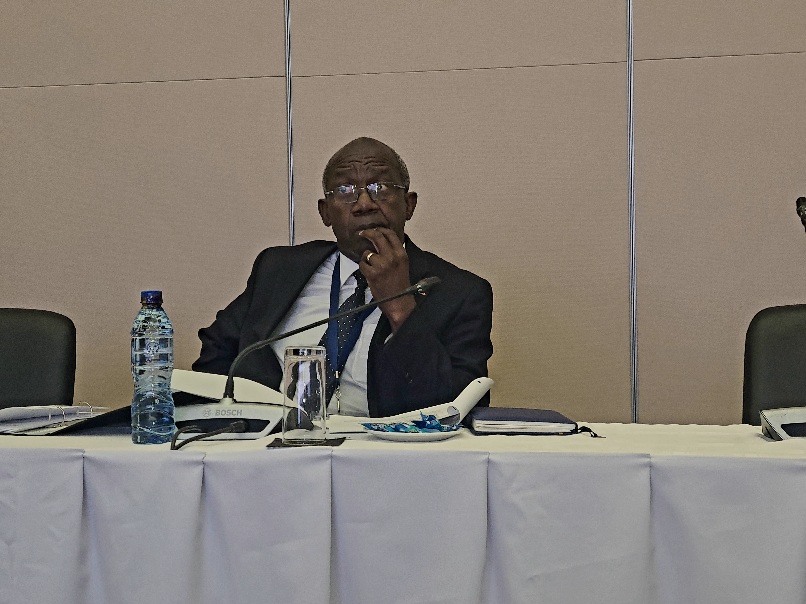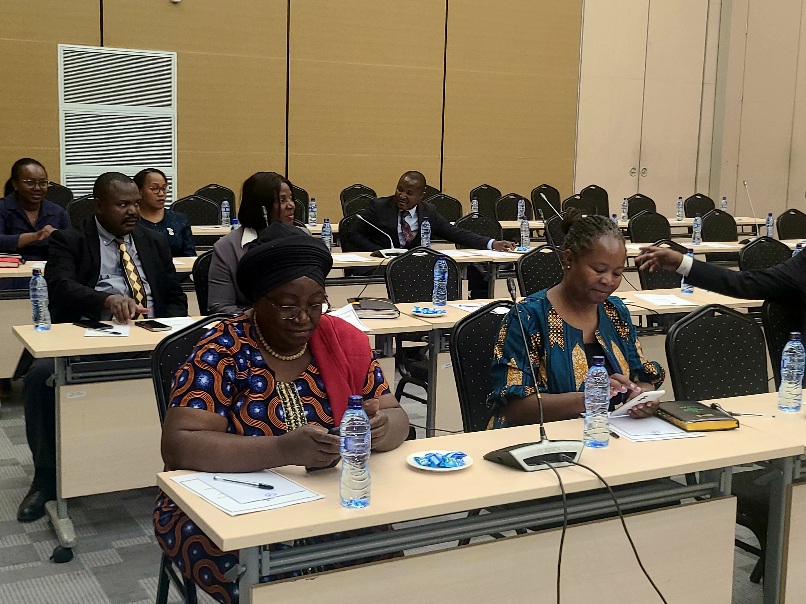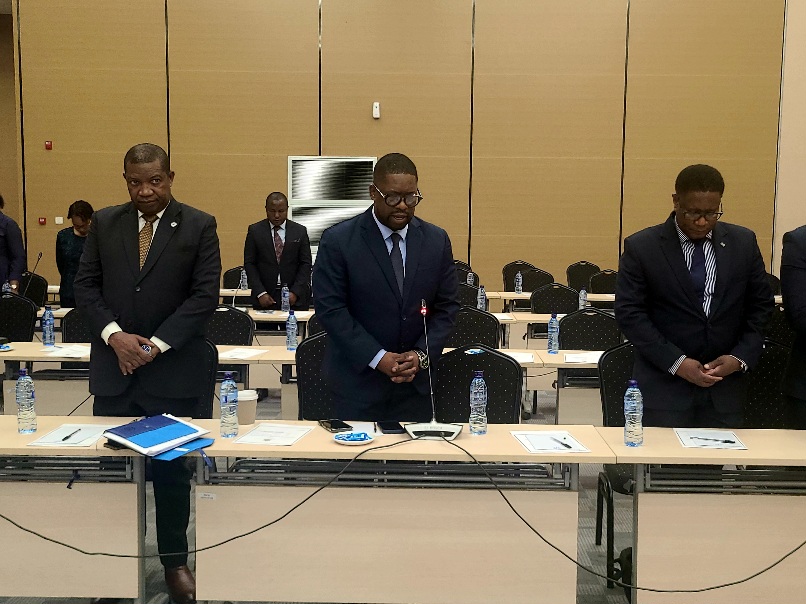Sustainable Transport in Action
 Ministries and provinces to adopt electric and hybrid vehicles while building charging infrastructure to modernize government operations and save on fuel costs.
Ministries and provinces to adopt electric and hybrid vehicles while building charging infrastructure to modernize government operations and save on fuel costs.By Francis Maingaila ♥️
Lusaka, Zambia24 — (30-09-2025) - Secretary to the Cabinet Patrick Kangwa has instructed all ministries, provinces, and spending agencies to procure electric and hybrid vehicles. The move is designed to cut government spending on imported fuel and redirect savings to underfunded development priorities.
Speaking at the Sixth Senior Public Service Management Meeting on Monday, Kangwa said the initiative reflects the government’s commitment to efficient, sustainable, and accountable governance.
“This is not just about vehicles. It is a forward-looking step that prioritizes efficiency, cost-effectiveness, and long-term benefits for the nation,” Kangwa said.
The Cabinet Office was the first to adopt an electric vehicle, followed by the Ministry of Transport and Logistics, while State House has the largest fleet. However, limited charging infrastructure remains a barrier.
Kangwa directed the Ministry of Energy and the Ministry of Transport and Logistics to partner with the private sector to establish charging and fast-charging stations nationwide.

“Without charging points, electric vehicles cannot serve their intended purpose. This issue requires urgent attention,” he said.
He also highlighted energy sufficiency as a national priority, stressing that reliable electricity for households and small businesses is essential for sustaining livelihoods and reducing power deficits.
The meeting reviewed government infrastructure maintenance, including the Government Complex in Lusaka and other shared buildings.
Kangwa highlighted concerns over tenancy agreements, office cleanliness, and upkeep, urging stronger oversight.
“Reliable electricity and well-maintained infrastructure support citizen-centered solutions and strengthen development,” he said.
Kangwa instructed Permanent Secretaries to provide regular updates on Cabinet decisions and warned that delays would not be tolerated.

He commended the public service for adhering to performance benchmarks under the IMF-supported programme, noting that the final review is scheduled for October.
“We must remain disciplined and finish strong. The progress so far shows we are on the right track,” he said.
Secretary to the Treasury Felix Nkulukusa said Zambia’s 2026 National Budget of K253.1 billion is ambitious but achievable, supported by growth in mining, agriculture, tourism, and energy.
He confirmed government discussions for a one-year IMF programme extension to maintain investor confidence during debt restructuring and ensure continuity through the elections.
“The budget is ambitious because we are an ambitious people. It is achievable, and we can perform even better,” Nkulukusa said.
If approved, the IMF extension would run from January to December 2026. Zambia’s current programme ends in October and will be reviewed by the IMF Board in December.
The programme has unlocked about US$188 million every six months, funding free education, social protection, and other key programmes despite ongoing debt restructuring.
Nkulukusa highlighted sectoral growth: copper production in mining is expected to surpass one million metric tonnes. Agriculture recorded its highest-ever harvest and anticipates another record.
Tourism has reached 2.2 million visitors and continues to grow. In energy, ZESCO launched a 100MW solar project, with 800MW more expected by mid-2026, supported by improved reservoir levels.
“With discipline and collective effort, our growth targets are realistic,” Nkulukusa said.
He warned against inefficiency in government operations, criticizing the “Cruza model”, where tasks meant to take two days stretch unnecessarily. He urged ministries to cut waste and coordinate efforts.
“Efficiency is not optional. Every department must use resources responsibly to achieve maximum benefit for the nation,” he said.
Nkulukusa stressed that while international partners provide technical support, reforms must be Zambia-driven.
“We decide which reforms to undertake. Partners can advise, but we must take responsibility. Reports must be scrutinized before approval,” he said, citing a rejected African Development Bank study on tariffs that did not reflect local realities.
He urged ministries to strengthen collaboration in health, lands, and mining, ensuring that benefits from mineral discoveries and policy adjustments translate into national development.
The meeting highlighted Zambia’s strategic approach to governance, emphasizing sustainable transport, energy sufficiency, public service accountability, efficiency, and achievable economic growth.



Comments
Post a Comment